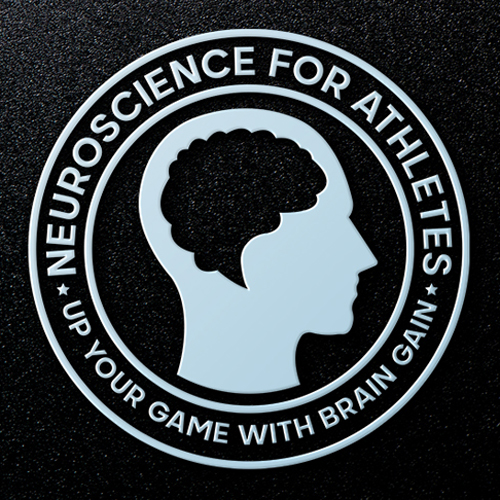Athletic performance is not just about physical abilities but also about decision-making skills. The ability to make quick and accurate decisions is essential for success in sports. In recent years, neuroscience-based training has become an increasingly popular approach to improving decision-making skills in athletes. In this blog post, we will explore the benefits of neuroscience-based training for athletes and provide practical tips for improving decision-making skills.
The Science of Decision Making
Decision-making is a complex process that involves multiple neural networks in the brain. These networks include the prefrontal cortex, the basal ganglia, and the insula. The prefrontal cortex is involved in planning, attention, and working memory. The basal ganglia are involved in procedural learning and motor control. The insula is involved in the integration of emotional and sensory information.
Neuroscience-Based Training
Neuroscience-based training is a new approach to training that uses technology to improve cognitive functions such as decision-making. This type of training uses brain-computer interfaces (BCIs) to measure brain activity and provide feedback to athletes. BCIs can detect changes in brain activity related to decision-making and provide real-time feedback to athletes to help them improve their performance.
Practical Tips for Improving Decision-Making Skills
Practice decision-making under pressure: Athletes should practice decision-making under pressure to improve their performance in real-life situations. This can include simulations, drills, and game-like scenarios.
Improve working memory: Working memory is critical for decision-making. Athletes can improve their working memory by practicing memory games, mental math, and other cognitive exercises.
Use visualization: Visualization can help athletes improve their decision-making skills by mentally rehearsing scenarios and imagining different outcomes. Athletes can visualize themselves making quick and accurate decisions in high-pressure situations.
Use real-time feedback: Real-time feedback can help athletes improve their decision-making skills by providing immediate information about their performance. BCIs can provide real-time feedback about brain activity, which can help athletes adjust their performance in real-time.
Get enough sleep: Sleep is essential for cognitive function and decision-making. Athletes should prioritize sleep and get enough rest to ensure that their brain is functioning at its best.
In conclusion, neuroscience-based training is a promising approach to improving decision-making skills in athletes. By understanding the science of decision-making and using practical tips to improve performance, athletes can make quick and accurate decisions under pressure. With practice, mental preparation, and the right training tools, athletes can improve their decision-making skills and achieve their goals in sports.

